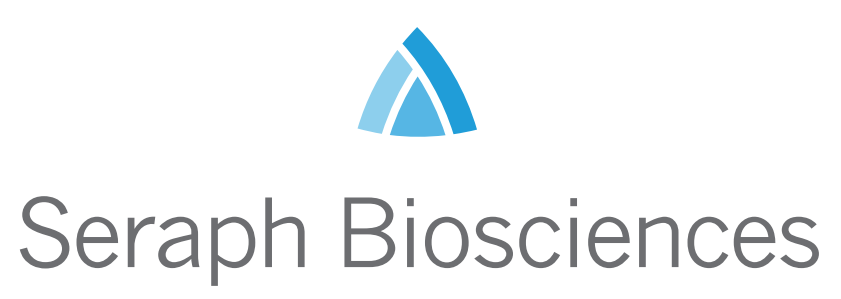Antibiotic resistance could spell end of modern medicine
Antibiotic Resistance could spell end of modern medicine, says chief medic
England’s chief medical officer has repeated her warning of a “post-antibiotic apocalypse” as she urged world leaders to address the growing threat of antibiotic resistance.
Prof Dame Sally Davies said that if antibiotics lose their effectiveness it would spell “the end of modern medicine”. Without the drugs used to fight infections, common medical interventions such as caesarean sections, cancer treatments and hip replacements would become incredibly risky and transplant medicine would be a thing of the past, she said.
“We really are facing – if we don’t take action now – a dreadful post-antibiotic apocalypse. I don’t want to say to my children that I didn’t do my best to protect them and their children,” Davies said.
Health experts have previously said resistance to antimicrobial drugs could cause a bigger threat to mankind than cancer. In recent years, the UK has led a drive to raise global awareness of the threat posed to modern medicine by antimicrobial resistance (AMR).
Each year about 700,000 people around the world die due to drug-resistant infections including tuberculosis, HIV and malaria. If no action is taken, it has been estimated that drug-resistant infections will kill 10 million people a year by 2050.
The UK government and the Wellcome Trust, along with others, have organised a call to action meeting for health officials from around the world. At the meeting in Berlin, the government will announce a new project that will map the spread of death and disease caused by drug-resistant superbugs.
Davies said: “This AMR is with us now, killing people. This is a serious issue that is with us now, causing deaths. If it was anything else, people would be up in arms about it. But because it is hidden they just let it pass.
“It does not really have a ‘face’ because most people who die of drug-resistant infections, their families just think they died of an uncontrolled infection. It will only get worse unless we take strong action everywhere across the globe. We need some real work on the ground to make a difference or we risk the end of modern medicine.”
She added: “Not to be able to effectively treat infections means that caesarean sections, hip replacements, modern surgery, is risky. Modern cancer treatment is risky and transplant medicine becomes a thing of the past.”
Davies said that if the global community did not act then the progress that had been made in Britain may be undermined.
She estimated that about one in three or one in four prescriptions in UK primary care were probably not needed. “But other countries use vastly more antibiotics in the community and they need to start doing as we are, which is reducing usage,” she said. “Our latest data shows that we have reduced human consumption by 4.3% in 2014-15 from the year before.
